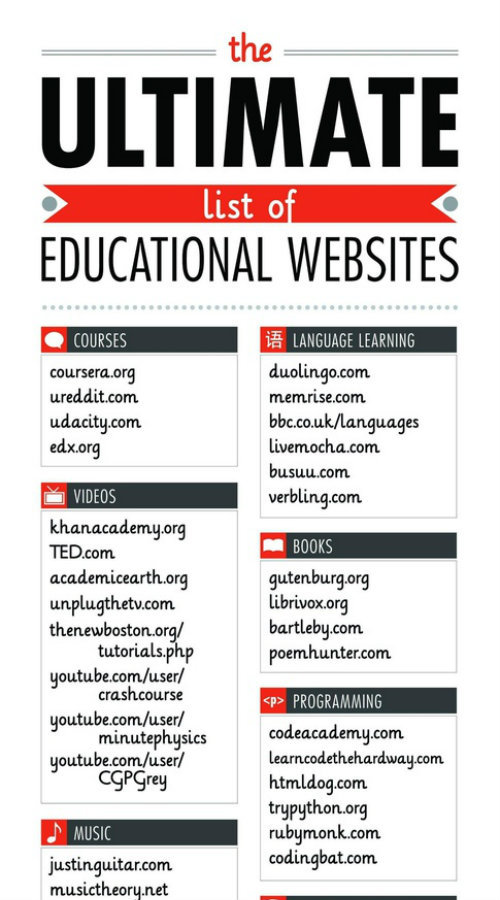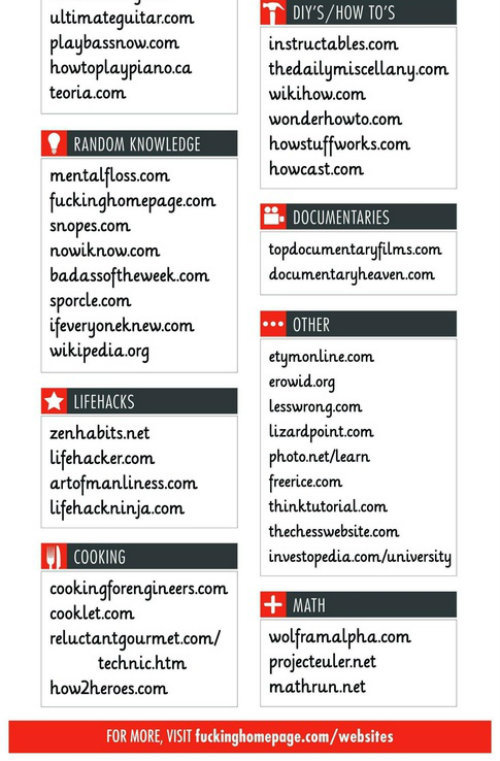Ok, this is kinda sad, but the first thing that came into my head was something professional. I still remember as clearly as if it were yesterday being told this in like day 3 of Linguistics 110: Introduction to Linguistics, and it's part of why I'm doing what I'm doing now. (This will generally work for only native or near-native speakers of English, so apologies for the people that this leaves out.)
To start with, consider the following question, taken completely in isolation and without any context whatsoever:
Which relatives do you want to visit?
Without any context, this question is actually ambiguous. There are two different situations/actions/states of affairs that this question could be asking about. In actual normal use, the context will tell you which question the speaker is asking, but without that context it could be either. So the first question is: what are those two readings/interpretations for the question?
SPOILER
ShowThe ambiguity is to do with the directionality of the visiting. Completely without any context, the question can either mean "Which relatives to you want to go and visit?" or "Which relatives do you want to come and visit you?" So, to put it another way, either one of these question-answer pairs would be appropriate:
"Which relatives do you want to visit? I want Grandma and Grandpa to visit, because they always bring nice presents."
"Which relatives do you want to visit? I want to visit Grandma and Grandpa, because they have a big house with a swimming pool."
It may be in that people may have a preference for one reading or the other, but both are possible.
So that already raises an interesting question: how do you know that? I'm 100% sure you weren't taught it at school. And because context almost always tells you which interpretation is intended, I'd be surprised if you'd ever noticed the ambiguity before.
However, it gets more interesting. In 'fast' speech or 'sloppy' speech, want and to are frequently contracted to wanna. Given the preceding discussion, how does that affect the question?
Which relatives do you wanna visit?
SPOILER
ShowFor all speakers of at least American English that I've encountered, this question is NOT ambiguous. This question can only mean "Which relatives do you want to go and visit?" With wanna, it just can't mean "Which relatives do you want to come and visit you?"
Now for people who share the intuition (which is hopefully most of you), that's really weird. I'm really sure that at school or in a grammar class or something, nobody ever told you anything about wanna, or if they did it was just "don't use it writing" or "it's sloppy" or something. So how do you know the fact in the spoiler, instantly and without any prior training? And how do we all know it, given our different background, linguistic experiences when acquiring English, etc.?
So the intuitions are themselves interesting, but where do they come from? The explanation also raises interesting issues. The standard explanation for the ambiguity goes something like this (in a somewhat simplified form): the rule for forming English wh-questions (questions involving who, what, how, when, etc.) requires moving the "wh-word" to the front of the sentence (among other things, which we'll put to one side). And this requirement erases a distinction between two different "underlying" structures.
You want which relatives to visit --> Which relatives do you want to visit?
You want to visit which relatives --> Which relative do you want to visit?
So the first one is the underlying source for the "which relatives do you want to come and visit you" interpretation, and the second one is the underlying source for the "which relatives do you want to go and visit" interpretation. But the distinction is erased in the surface question; hence the ambiguity.
The phenomenon of wanna-contraction, as it's called, then provides striking evidence for the reality of these underlying structures. If we say that want and to can only contract to wanna when they're next to each other in at this underlying level, we explain why "which relatives do you wanna visit?" is not ambiguous, and specifically why it only has the "go and visit" reading. Once you do wanna-contraction, only the second underlying structure is a possible source for the speaker's question.
So anyway, I don't mean to have a little mini-lecture or anything, but I thought that was really cool when I was 17, and still do actually. Perhaps no one else does, but that's the risk one takes I suppose.
For the next hour, everything in this post is strictly based on the available facts.

















